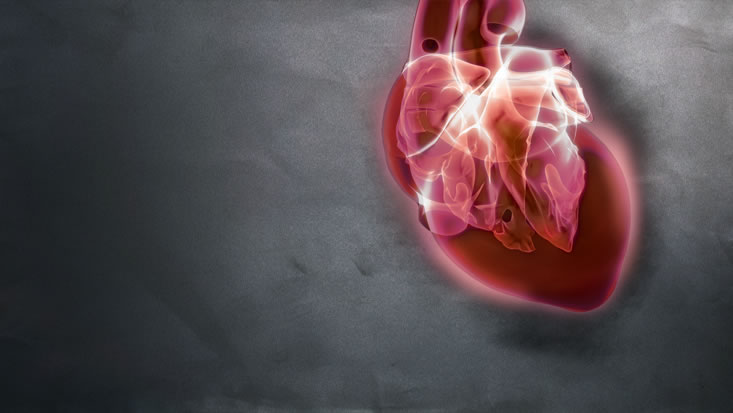
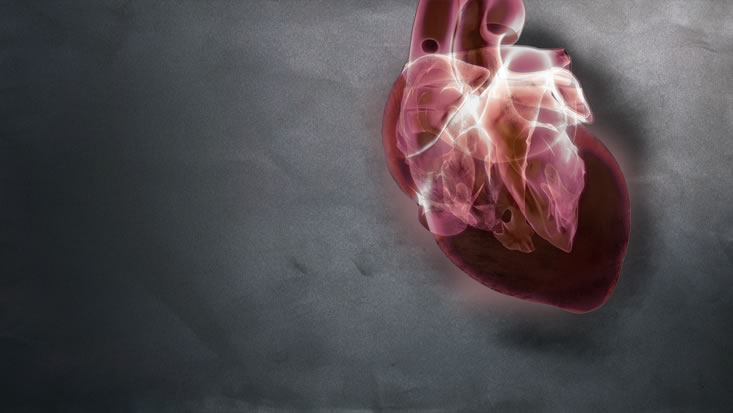
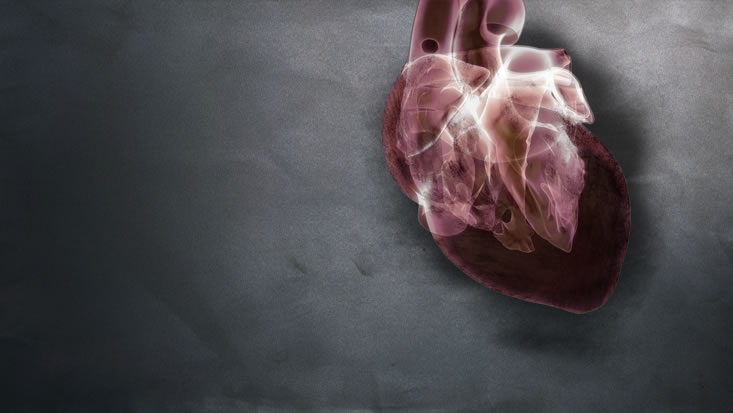





Heart In Overdrive
Meth speeds up the heart, and with extended use it can cause a host of problems including heart and organ failure. It can also damage the way the nerves conduct electrical activity, creating a condition known as arrhythmia.

Drowning on Dry Land
Sound impossible? See how Meth’s effect on the heart can create this horrible feeling.
A healthy heart pumps blood to the lungs where it picks up oxygen.
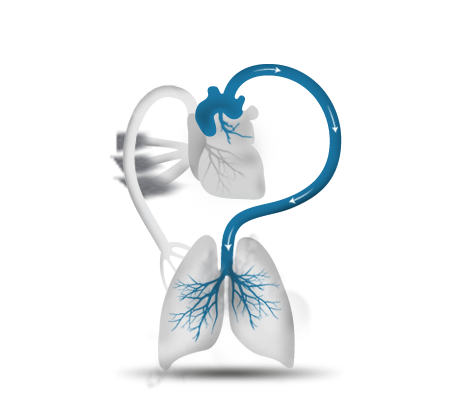
The blood goes back to the heart and gets pumped out to the rest of the body.
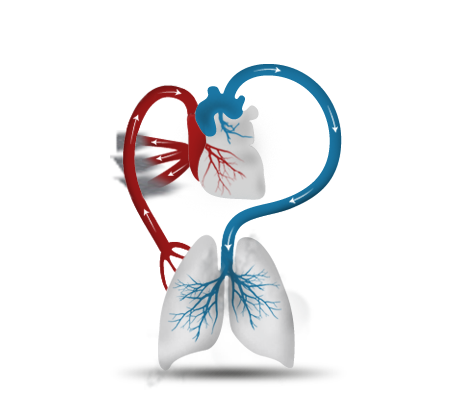
Methamphetamine use can weaken the heart, preventing it from effectively pumping blood.
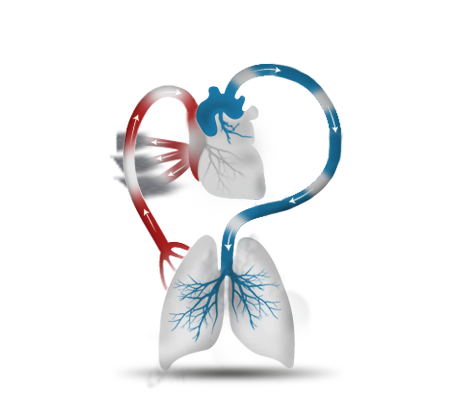
When the heart can’t pump the blood coming from the lungs, pressure increases from the heart to the lung’s capillaries.
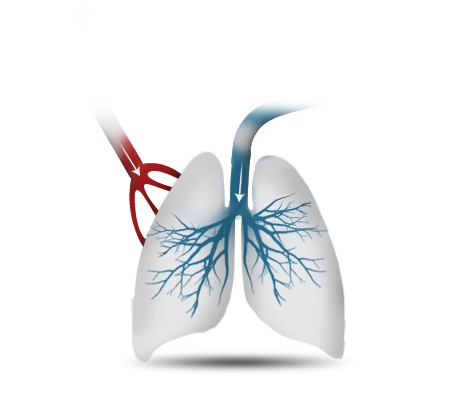
Fluid builds up in the lung’s air sacs making a person out of breath and feel like they’re drowning.
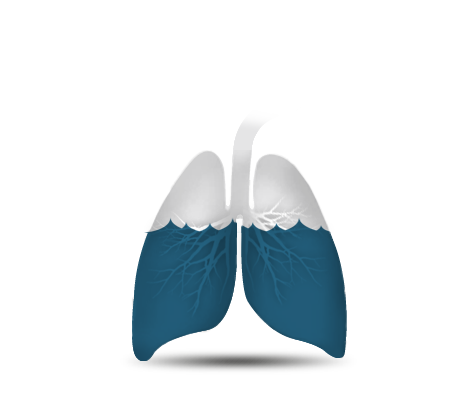
Terms
-
An irregular heartbeat that can lead to palpitations, heart attack, or stroke. Cardiac arrhythmias are among some of the most widely reported adverse—and potentially fatal—effects of methamphetamine on the cardiovascular system. From the ER
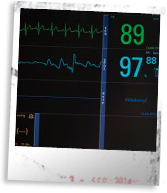
-
Inflammation of the heart’s inner lining. Bacterial infections from injecting methamphetamine with needles can cause this condition, which may be fatal if left unchecked.
-
More commonly called high blood pressure. This is one of the risk factors for complications such as stroke and heart failure. Hypertension is also a common effect of Meth use. Crap Shoot
-
A sudden abnormal beating of the heart. It can be a fluttering, a pounding, or even a feeling of skipping a beat. Methamphetamine speeds up heart rate during the high and can cause palpitations, but it can also leave Meth users with an irregular heartbeat and palpitations after the high is gone. Frequent palpitations can indicate a serious heart problem.










